As Black History Month comes to a close, it is important to reflect on the many achievements made by African Americans in the past, as well as how we can all play a role in improving the lives of the African American community now and in the future.
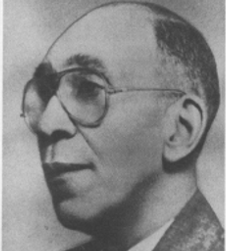
Roscoe Conkling Brown Sr.
1884-1963- Roscoe Conkling Brown Sr. was a dentist and public health pioneer who served in various national organizations specializing in African American health. Brown joined the United States Public Health Service and helped direct the establishment of the Office of Negro Health Work. Brown also became a member of President Franklin Roosevelt’s informal “Black Cabinet” to represent the specific needs of African Americans during the New Deal. Brown helped the Office of Negro Health Work coordinate a Negro Health Week, develop educational materials, and publish a quarterly journal on issues that specifically concern the Black community.
Photo credit: https://parkviewdc.com/2012/02/23/important-past-residents-dr-roscoe-c-brown-1884-1963/
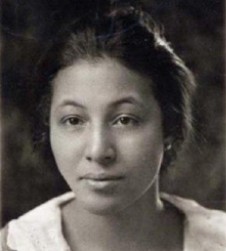
May Edward Chinn
1896- 1980- As a renowned medical researcher for cancer detection, May Edward Chinn developed a protocol for cancer probability predictions using family medical history. She was also the first African American woman to graduate from Bellevue Hospital Medical College, which is now the NYU School of Medicine, as well as the first American American woman to intern at Harlem Hospital and to be granted hospital privileges.
Photo credit: https://womenyoushouldknow.net/how-is-it-possible-we-never-learned-about-this-woman-meet-dr-may-edward-chinn/
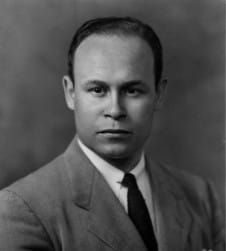
Charles R. Drew
1904-1950- Most notable for his pioneering work with all things related to blood, Charles R. Drew was a surgeon and medical researcher that studied blood, blood transfusions, and blood banking. He also developed a method to preserve blood plasma for transfusions that saved countless lives during the second World War due to the development of large scale blood banks. Drew was the director of the first American Red Cross Blood Bank, and he also protested against racial segregation in the donation of blood.
Photo credit: https://www.mcgill.ca/newsroom/channels/event/launch-dr-charles-r-drew-graduate-fellowships-mcgill-330527
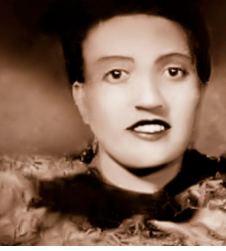
Henrietta Lacks
1920- 1951- Henrietta Lacks was diagnosed with cervical cancer in 1951, and while receiving treatment, some of her cervix cells were taken to be sent to a lab without her consent. These cells were discovered to be “immortal” and have been growing indefinitely since 1951. This line of cells known as the HeLa cell line has led to biomedical breakthroughs for gene mapping, developing a polio vaccine, and understanding cancer and HIV/AIDS. Lacks’ family did not learn of the cell cultures until over 20 years after her death.
Photo credit: https://www.aljazeera.com/news/2021/10/14/who-honours-henrietta-lacks-for-her-world-changing-legacy
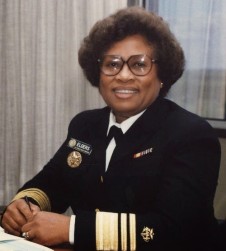
Joycelyn Elders
b. 1933- Physician and public health official Joycelyn Elders was the first African American to be appointed as the Surgeon General of the United States in 1993. Before her tenure as Surgeon General, Elders worked to reduce the prevalence of teenage pregnancy by promoting birth control, counseling, and sex education at school-based clinics. She also worked on projects to increase child immunization and screening rates, availability of HIV services, breast cancer screenings, and care for elderly patients.
Photo credit: http://www.thisdayinquotes.com/2014/12/the-quote-by-dr-joycelyn-elders-that.html
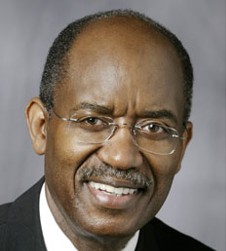
Sherman A. James
Sherman A. James is the current Susan B. King Emeritus Professor of Public Policy at the Sanford School of Public Policy at Duke University. He is also a distinguished epidemiologist and researcher that studies the social determinants of health concerning racism and discrimination. He is best known for his hypothesis known as “John Henryism.” This hypothesis attributes hypertension and cardiovascular disease to prolonged exposure to stress from discrimination and racism.
Photo credit: https://today.duke.edu/showcase/mmedia/features/newfaculty/james.html